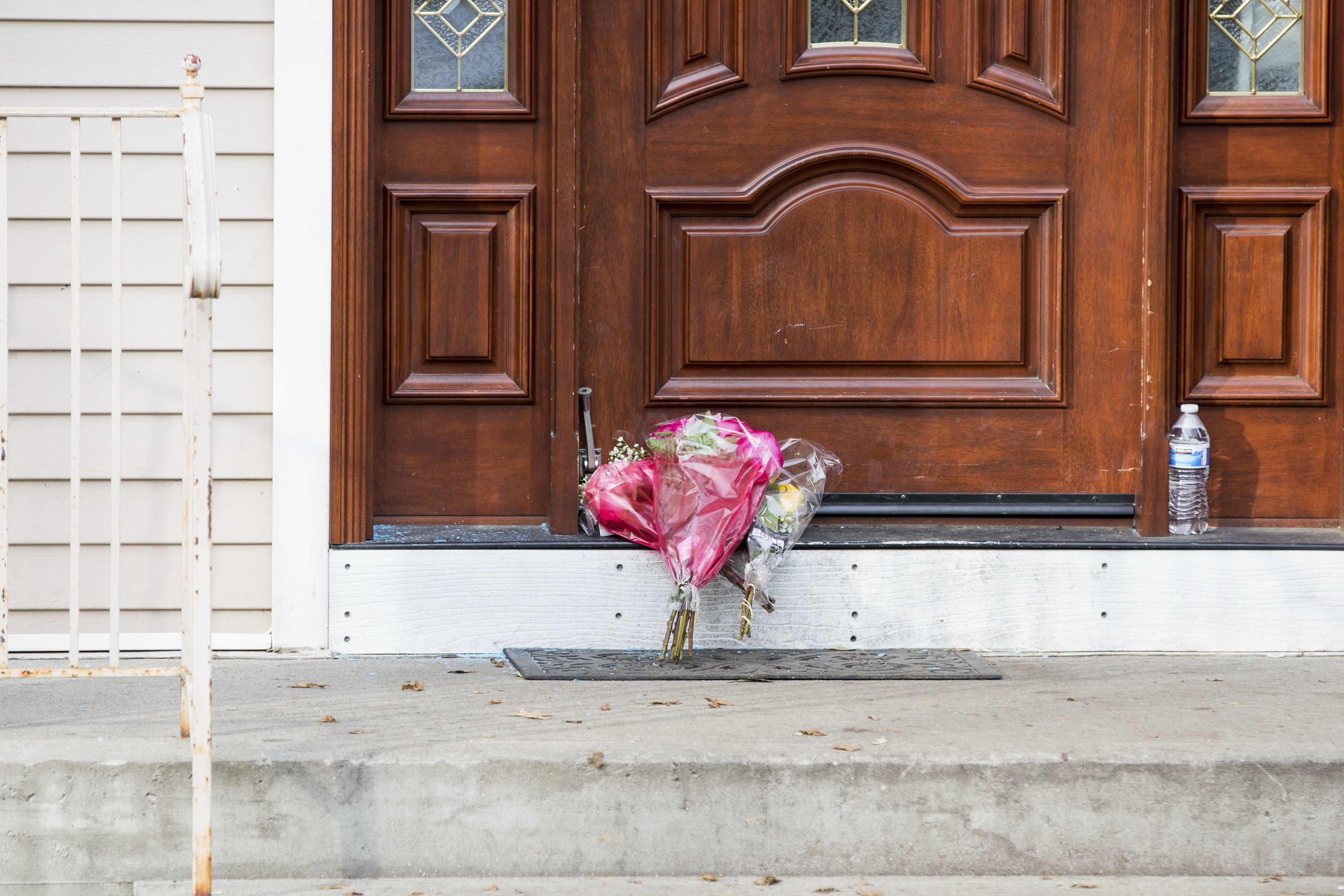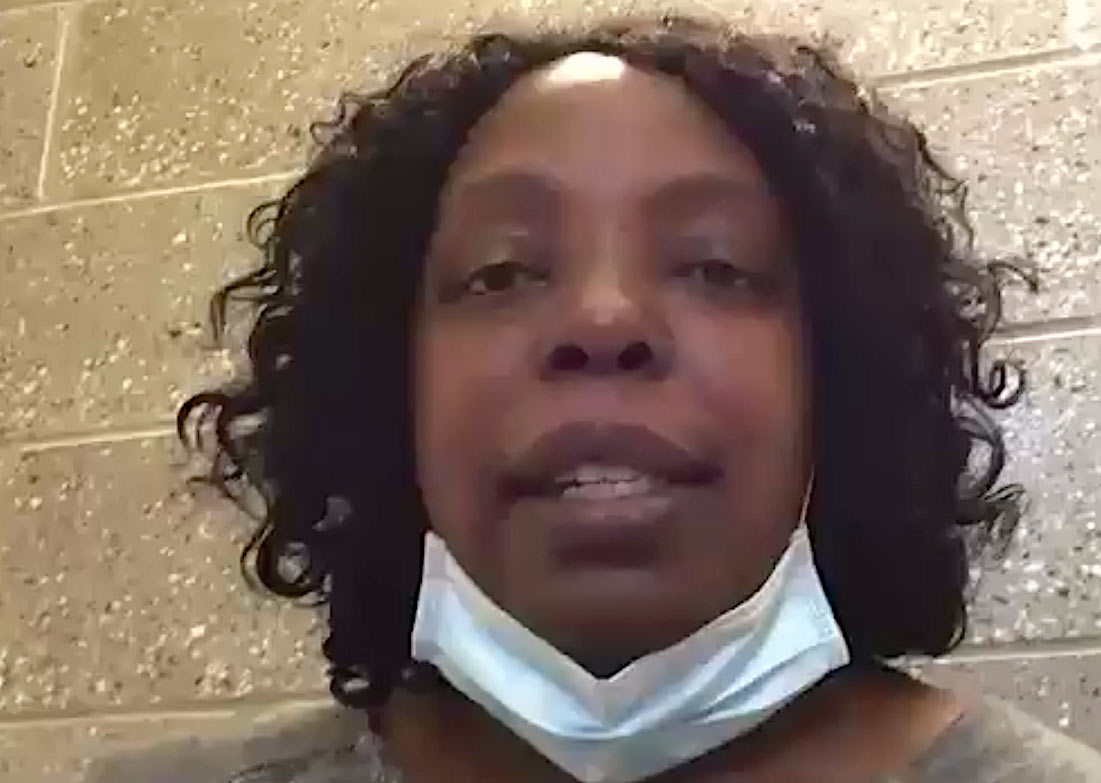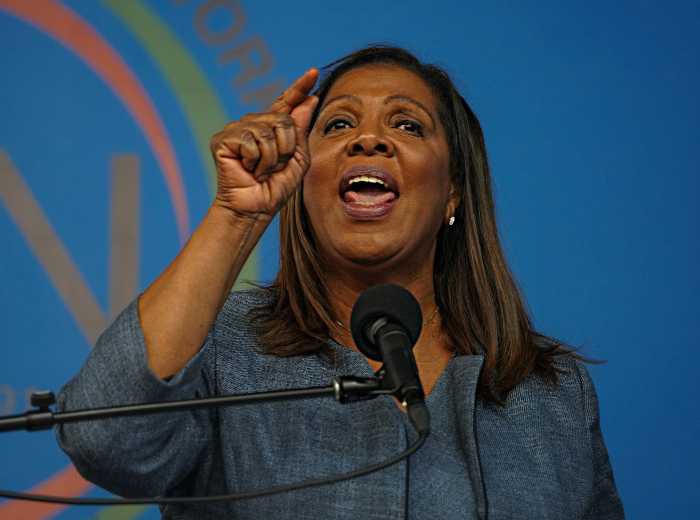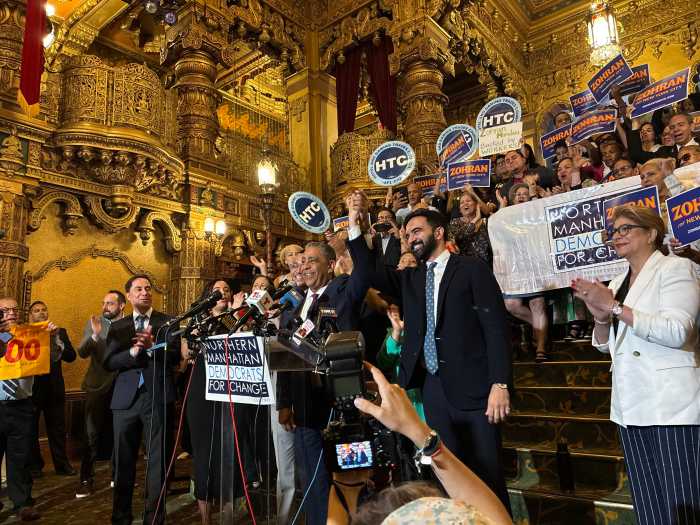Assemblywoman Latrice Walker says it is the wrong time during the COVID-19 crisis, to discuss or change recent criminal justice reforms being weighed today in the state legislature, inserted into the budget negotiations by a Brooklyn state senator and assembly member.
The legislation amends the current law to allow a judge to set bail for someone who has been accused of committing a hate crime. This would serve as an amendment to the state’s brand new bail laws, which went into effect on Jan. 1. The reforms eliminated cash bail and pretrial detention for those accused of committing a range of misdemeanors and non-violent felonies, including if they were bias-motivated.
The legislation is set to be voted on with the budget on April 1, but might be extended, officials say.
The changes would give judges discretion over whether a person arrested represents a “danger” to the community – which would allow a judge to set bail or remand a prisoner. She and many criminal justice reform advocates have been resistant to any changes, despite the NYPD saying that many of those released without bail were committing new crimes in the city.
Assemblywoman Walker has come under fire on social media, emails and on-line threats for her resistance to the bill. She said she has been called the “N” word nearly 40 times a day as she holds the line on her views.
The crime situation has changed however, as COVID-19 is keeping most people in their homes, many retail stores are closed, and even criminals are staying off the streets for the most part. Commissioner Dermot Shea admitted that crime had dropped significantly during the past month.
Assemblywoman Walker said it was the wrong time to be discussing changing criminal justice reforms, and Assembly Speaker Carl Heastie is resistant to making any changes.
Governor Andrew Cuomo said he would back the changes proposed by State Senator Andrew Gounardes that would allow judges to jail hate crime offenders. Senator Gounardes would not comment for this story. Assemblymember Simcha Eichenstein from Borough Park is the assembly sponsor.
The governor, in a statement, said he wanted the state’s proposed legislation defining certain hate crimes as domestic terrorism to be named after Rabbi Josef Neumann, who died Sunday night of his injuries from a man who barged into a synagogue in Monsey, NY, where he struck the rabbi in the head and injured five others with a machete. That attacker is facing a host of Federal hate crime charges.

Despite the pressure on legislators to pass the proposed legislation that is coupled with the state budget, Walker said she will resist efforts to make any changes and called the legislative changes “disrespectful” during the COVID-19 crisis.
“This is not where we need to be – we have plenty of time and considering changed circumstances, we should not hold up the state budget with critical resources,” Walker said. “We are of two mindsets and we are miles apart (on the changes), one of the things that concerns me most, is this situation of “dangerousness.” We are willing to continue the conversation, but right now, this is disrespectful to hold up the budget.”
She said that while she maintains her position, she has been the focal point of racist rants and being called the “N” word repeatedly on a daily basis. She recognized that black and brown people, especially women, are the target for hate in this country and she admitted that the largest number of people affected by hate crimes are black women.
However, she said the current proposal would give judicial discretion with the ability to hold people who are presumed innocent before a trial. She also said that bail and judicial discretion were more often used improperly to jail those who couldn’t afford to make bail and the term “dangerousness” was subjective and “used illegally in the past to jail those who were presumed innocent.” She also said there was a private profit motive, that would allow a private company to monitor those who would receive ankle bracelets rather than jail.
“What is being proposed, dangerousness and bail, is not even up for consideration – there are too many issues more important, like the life-preserving vitality of people of New York,” Walker said. “I think that is where priority lies, not in politics and fear-mongering, but in people and health. This (coronavirus) is crossing generational barriers, racial barriers, state barriers and need to be all hands on deck.”
It was unclear whether the proposed changes would pass the assembly, where the Democratic delegation is split. Republicans in both houses are supporting the changes.































